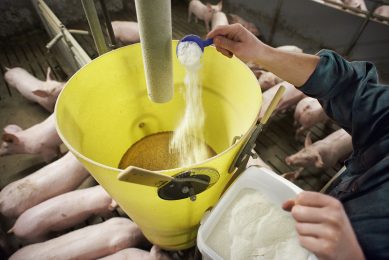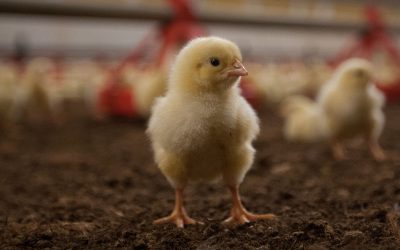Things are not ‘just good enough’ anymore…New Reasons for Concern!
If you have been holding off upgrading, improving or even assessing your Information Systems because “My current system works good enough.” you may want to reconsider!
If you have been holding off upgrading, improving or even assessing your Information Systems because "My current system works good enough." you may want to reconsider!
As predicted, there are more rules and regulations being written and enforced that affects the feed industry. These new rules are also affecting operations outside the US, even in countries that don’t have specific rules for gathering and maintaining information on the animal feed portion of the supply chain. Consider the following examples:
- There are feed and food companies in Latin America that are being purchased by large food companies from the US and Europe. These companies are requiring the Latin American operations to abide by the same regulations and Good Manufacturing Practices that their "home" operations must follow.
- In Canada, the Animal Nutrition Association of Canada (ANAC) is working with the Canadian Food Inspection Agency (CFIA) to create a new feed inspection system that recognizes the FeedAssure voluntary HACCP program that has been implemented.
- The US Congress in September passed and sent to President Bush a bill replacing the Prescription Drug User Feed Act due to expire on 30 September. The new law directs the FDA to issue new regulations concerning pet food standards, processing and labelling. It also establishes anAdulterated Food Registry. Congress has been considering over 10 other bills these past few weeks that focus on feed and food safety.
- The Association of American Feed Control Officials (AAFCO) just completed their eight year drafting of the Model Good Manufacturing Practices Regulations for feed and feed ingredients.
- Feedstuffs and PigProgress reported on an unknown disease outbreak in China and Vietnam that is decimating herds. It may be a variation of PRRS, but authorities are not sure.
- Feedstuffs has also reported on problems with the transfer of APHIS inspectors to the Department of Homeland Security from the USDA. The consensus of most of the reports is that there is an increased vulnerability of US agriculture to foreign pests and diseases.
All of these examples (and there are many more!) have at least one thing in common – Feed companies will be required to maintain more information, including samples and testing data. In some cases, they may be required to separate shipments (identity preserved) of ingredients. They will have to be able to produce appropriate track and trace information on a timely basis for either an inspection or as the result of an incident.
I’ll leave you with some food for thought:
- Do you know about the rules and regulations that are coming, and how they will affect your operation?
- Do you think about how other global feed industry events affect your feed operation?
- How will your Information Systems handle the new rules? Do you know?
- Do you hold mock drills to assess how your organization and systems will stand up when an incident occurs?
These are not just rhetorical questions. The ability to positively answer these questions could mean the survival of your company!












